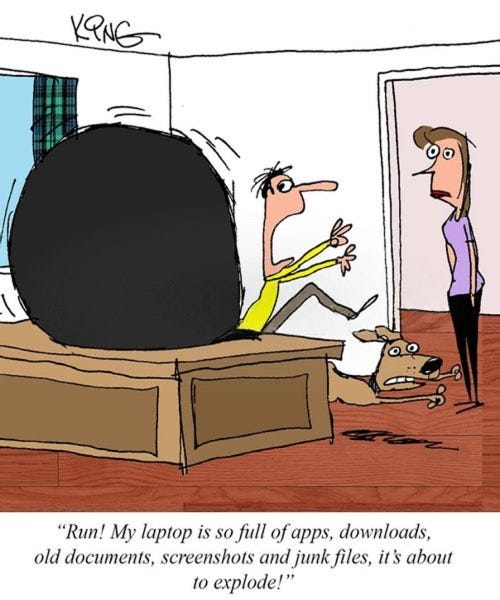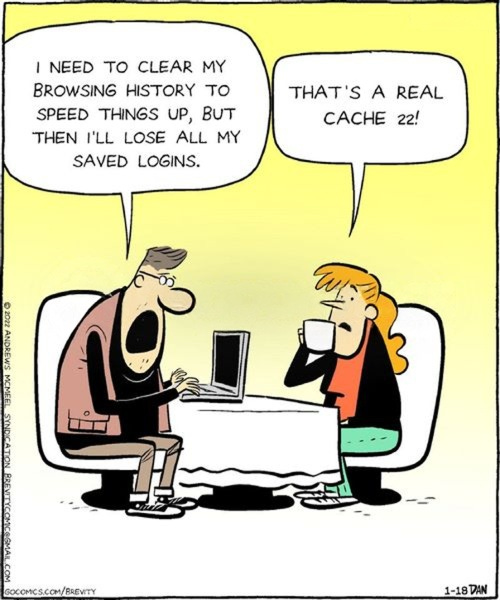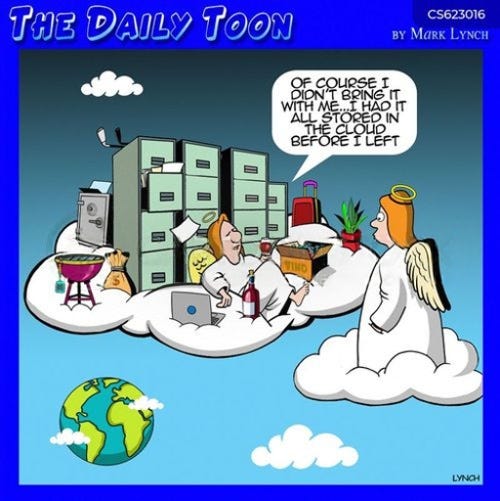“Didiiii, no more items can be added.”
My baby sis gasped as she exhausted her Myntra wishlist. I should’ve known, it’s almost Rakhi. 😀
But we didn’t know this was possible: To. Exhaust. A. Wishlist. GOSH!
Emotional attics
Today, our aspirations translate into shared wishlists, saved posts, and bookmarked itineraries for trips we’ll never take. I felt a pang of how much we actually hoard on our devices.
Our phones, tablets, and laptops have quietly transformed into emotional attics. They are filled with invisible clutter that is personal, unfinished, and deeply intimate: screenshots of praise we’ll never reread; voice notes we refuse to delete for fear of losing that voice; recipes saved, never cooked; essays bookmarked in exhaustion, and never revisited.
Of course, FOMO is a major driver of digital clutter. Even after being an Inbox Zero personality type, I often joke that I need to block my calendar to go through my bookmarks. A few wise people I know clear their digital clutter on long-haul flights.
Save this for later
A reel tells us to “save this for later”, and we do. It helps them with their engagement, undoubtedly. But what is this coping mechanism of “holding on” to? Isn’t this digital tenderness masquerading as productivity, preservation, and preparation?
We collect and save because we hope that if we keep these fragments of feeling our dreams, our griefs, our almosts, as they might mean something in the future. Because maybe we will mean something. In all honesty, in the absence of resolution, curation feels like hope.
Numbers don’t lie
A UK survey in 2025 found that 69% of people consider themselves 'digital hoarders', with nearly a third of those aged 25-34 admitting they experience emotional attachment to their digital clutter. Many confessed to holding way too many photos, including blurry, duplicate, or “just‑in‑case” shots, and only 29% regularly declutter outdated files.
Globally, the digital output is staggering: by 2025, data stored in cloud infrastructure alone is projected to reach 100 zettabytes, part of an estimated over 200 zettabytes of generated data worldwide. Wow!
This accumulation isn't innocuous.
Research links digital clutter with increased stress, disrupted sleep, lower psychological well‑being, and the mental burden of feeling behind, physically and emotionally. It's common enough psychology that some experts liken it to traditional hoarding: although there is no garbage piling up in the house, the invisible weight causes similar distress.
Invisible weight
We tell ourselves we’re saving for the future, but what if that “later” never comes?
We clutch everything in half-hearted fistfuls. Barely tight enough to treasure, never loose enough to release.
Midnight scrolling through old selfies, unsent drafts, voice clips, itineraries anything that screams “someday” often ends in emotional fatigue.
Every saved file becomes an echo of a self we no longer are.
In the analogue world, clutter is seen: a drawer that won’t close, a shirt that doesn’t fit. Online, accumulation feels invisible, endless, and consequence-free. Yet the cloud storage charges monthly, the storage fills up, and the promise of preservation often leads to confusion and paralysis.
Psychologists describe digital hoarding as an attachment to transitional objects, things we use to feel anchored in times of change. In olden days, that might be a worn sweater or childhood toy; now, it’s a voice note from someone we’ve lost touch with, or reel we saved because “it felt right.” But unlike a physical token, digital clutter stagnates… until it suffocates.
Memory vs. Memorabilia
We should ask ourselves: Does this spark peace or pressure? Would I carry it onto a lifeboat if I had to abandon everything else? Would I print it out if the cloud collapsed?
Go, check your bookmarks. What are you holding on to? And what’s holding on to you?
Memory requires pruning to flourish. When every moment is saved and elevated, none remain special. When every mental tab is open, our minds have nowhere to land.
History has told us that letting go is reclamation. Start with WhatsApp disappearing messages.
Go, save yourself.
Let the cloud rain.
Here’s to living in sentences, yours, mine and ours.
Writeously yours,





